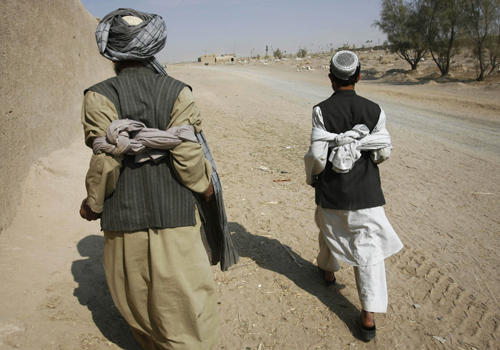"...I do think that we have forever laid to rest in the minds of statesmen the vicious assumptions that all war must be regarded as legal and just, and that while the law imposes personal responsibility for starting a street riot, it imposes none for inciting and launching a world war."Robert H. Jackson, former Justice of the Supreme Court of the United States and Nuremberg prosecutor
Nuremberg In Retrospect: Legal Answer To International Lawlessness:
Address to the Canadian Bar Association, 1 Sept 1949
(two weeks after Geneva Conventions of 12 August, 1949)
The defendant, with divers other persons, during a period of years preceding 1 January 2008, participated in the planning, preparation, initiation, and waging of a war of aggression, which was in violation of international treaties, agreements, and assurances.
Vl. Particulars of the wars planned, prepared, initiated, and waged
(A) The war referred to in the Statement of Offense in this Count Two of the Indictment and the date ofi its initiation is against Iraq, 20 March 2003;
(B) Reference is hereby made to Count One of the Indictment for the allegations charging that these wars were wars of aggression on the part of the defendants.
(C) Reference is hereby made to the Appendix annexed to this Indictment for a statement of particulars of the charges of violations of international treaties, agreements, and assurances caused by the defendants in the course of planning, preparing, and initiating these wars.
APPENDIX
CHARGE: Violation of the UN Charter Article 2 (4)PARTICULARS: In that the United States did, by force and arms, on March 20, 2003, invade the territory of the Sovereign State of Iraq, without first having attempted to settle its disputes with said Sovereign by pacific means.
CHARGE: Violation of the Convention for the Pacific Settlement of International Disputes, signed at The Hague, October 18, 1907
PARTICULARS: In that the United States did, by force and arms, on March 20, 2003, invade the territory of the Sovereign State of Iraq, without first having attempted to settle its disputes with said Sovereign by pacific means.
CHARGE: Violation of Principle 6(a) of the Principles of International Law Recognized in the Charter of the Nüremberg Tribunal and in the Judgment of the Tribunal, 1950 as formulated by the Report of the International Law Commission covering its Second Session, 5 June - 29 July 1950, Document A/1316, which is based on the Charter of the International Military Tribunal signed at London, 8 August, 1945
PARTICULARS: In that the Defendant with divers other persons, during a period of years preceding 20 March 2003, participated in the planning, preparation, initiation, and waging of a war of aggression, in violation of international treaties, agreements, and assurances.











